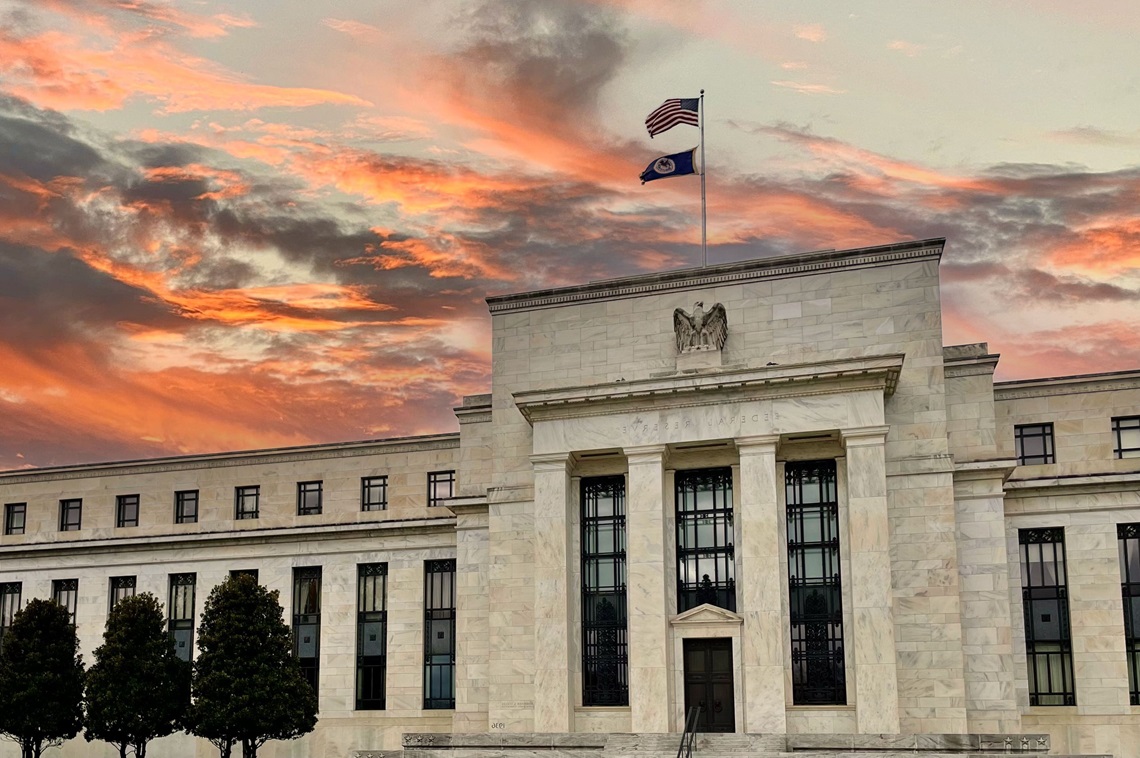The Federal Reserve’s chief banking regulator will resign in February, avoiding a potential showdown with President-elect Donald Trump who was expected to replace him.
Michael Barr will step down as vice chair for supervision at the Federal Reserve on February 28 but retain his position as Fed governor until 2026. The announcement comes amid speculation that Trump wants to install a more bank-friendly regulator after he takes office on January 20.
Without directly addressing rumors of Trump forcing his removal, Barr said in a statement that disputes over the position could distract from the Fed’s mission.
“In the current environment, I’ve determined that I would be more effective in serving the American people from my role as governor,” Barr said.
The Fed said it won’t make major regulatory decisions until Barr’s successor is named. The supervision role was created after the 2008 financial crisis. During Barr’s tenure, several banks including Silicon Valley Bank, collapsed in early 2023, prompting Fed intervention.
Trump must choose Barr’s replacement from current Fed board members due to the seven-member limit. According to a Reuters report, analysts believe Fed Governor Michelle Bowman, who often counters Barr’s more stringent regulatory leanings, is a strong candidate to succeed him.
What is Basel III, and how does it impact housing?
The central bank has been revising new rules, called the Basel III Endgame, that face considerable financial industry opposition, particularly among mortgage companies.
The Basel III proposal concerns banks and mortgage lenders. Namely, the latest proposal would increase minimum capital requirements for U.S. banks with total assets of more than $100 billion by 15% to 20%, according to an analysis from the Mortgage Bankers Association (MBA).
Opponents argue this would make the current housing affordability crisis worse, leading to:
- Higher borrowing costs: Banks would need to hold more capital against mortgages, potentially increasing borrowing costs for consumers amid ongoing affordability pressures.
- Market disruption: It could push mortgage lending toward non-bank lenders who aren’t subject to these rules.
- Housing access: The added costs to lenders could reduce mortgage credit availability, especially for low-to-moderate income borrowers and first-time homebuyers.
- Competitive disadvantage: U.S. banks argue the Basel rules are stricter than those faced by international competitors.
Regulators and supporters of Basel III Endgame as “an ounce of prevention” against the possibility of bank failures and would disincentivize risky investments. Barr previously argued that impacts of the proposal would be “modest” and could actually boost economic growth.
Industry groups estimate the Basel rules could increase mortgage rates by as much as 0.1 – 0.3 percentage points and reduce lending capacity by billions of dollars.
“Given ongoing affordable housing challenges, regulators should be taking steps that encourage banks to better support real estate finance markets,” the MBA said in a summary brief. “The (Notice of Proposed Rulemaking, or NPR) does precisely the opposite during a time of near record-low single-family delinquencies and pristine underwriting.
“MBA strongly opposes key elements of the NPR and will work with our members and other industry stakeholders to formulate our full response, which will include recommendations to mitigate the adverse impacts to borrowers and single-family and commercial/multifamily markets.”

